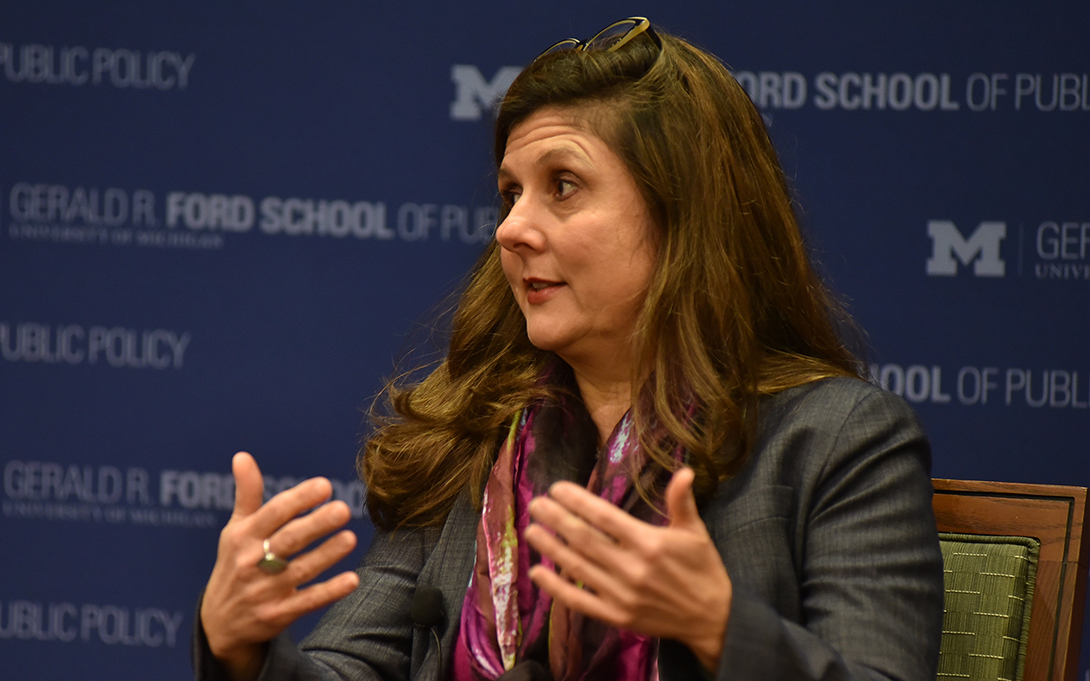
The recession caused by the COVID-19 pandemic hit employment in the service sector hardest, and the workforce is still feeling the effects,
Betsey Stevenson, professor of economics and public policy, told Mother Jones , "The pandemic created a recession that was different from any recession the United States has ever had before—because it focused on, at least temporarily, ending jobs in which people interacted with other people. And that’s the service sector."
This unique recession created new opportunities for employees to have more autonomy over their work.
"(Workers are) creating this sort of collective bargaining situation,” she noted, "(united by) a year of examining our life, and whether we think we’re being treated fairly, and whether we think we’re doing what we want to do.”
Two years later, it's still impacting the economy. Increased employee power has created staffing shortages, which are now affecting prices and inflation.
“Without a rise in labour-force participation helping to meet the demand, inflation in the second half of 2022 might be fuelled by rising prices for services,” she told The Economist.
Read the articles featuring Stevenson below:
-
The Pandemic Has Been Hard for Women Workers. A Labor Economist Breaks It Down for Us., Mother Jones, January 21, 2022
-
Workers Got Fed Up. Bosses Got Scared. This Is How the Big Quit Happened., Mother Jones, January 21, 2022
-
Staffing shortages in America are a glimpse into its future, The Economist, January 22, 2022
